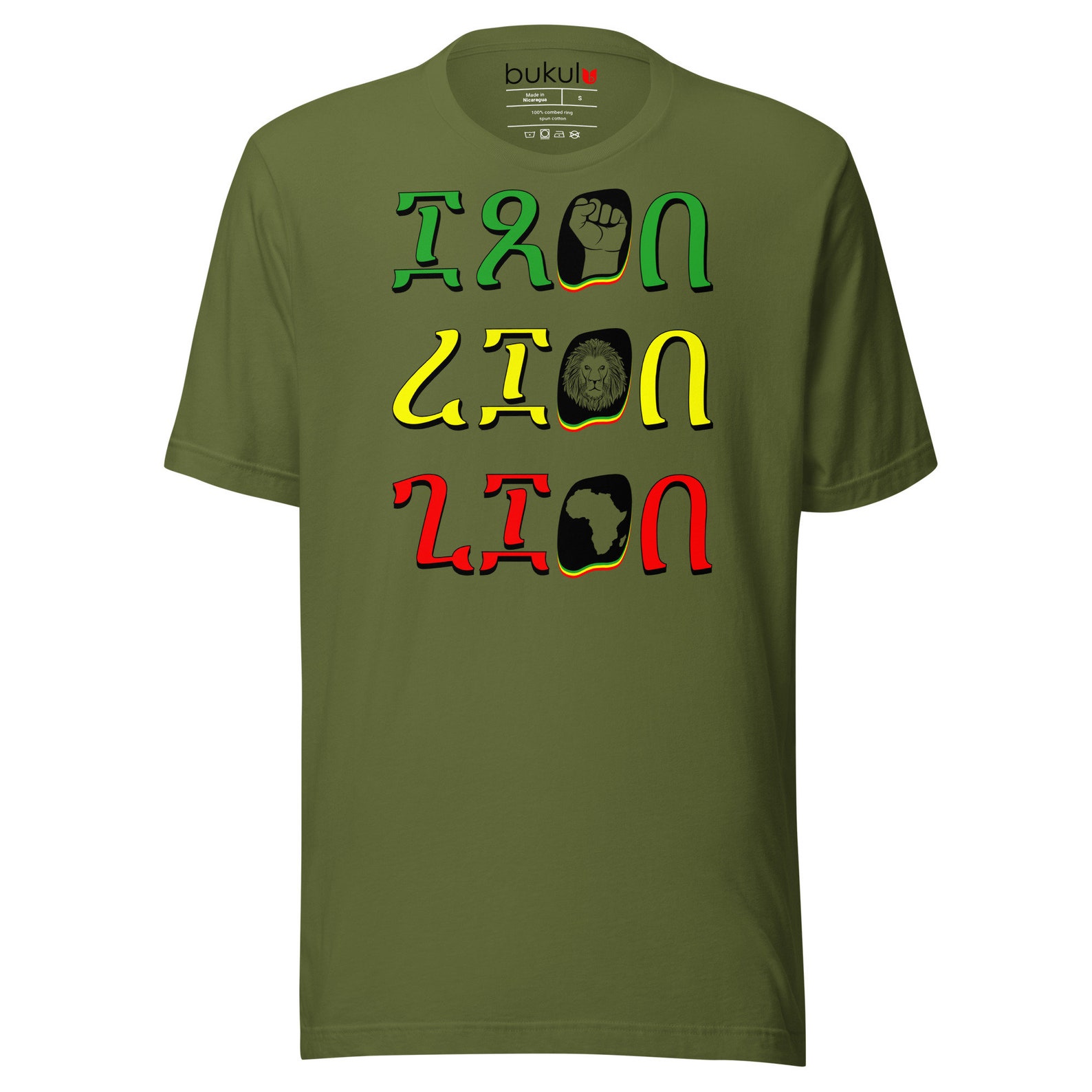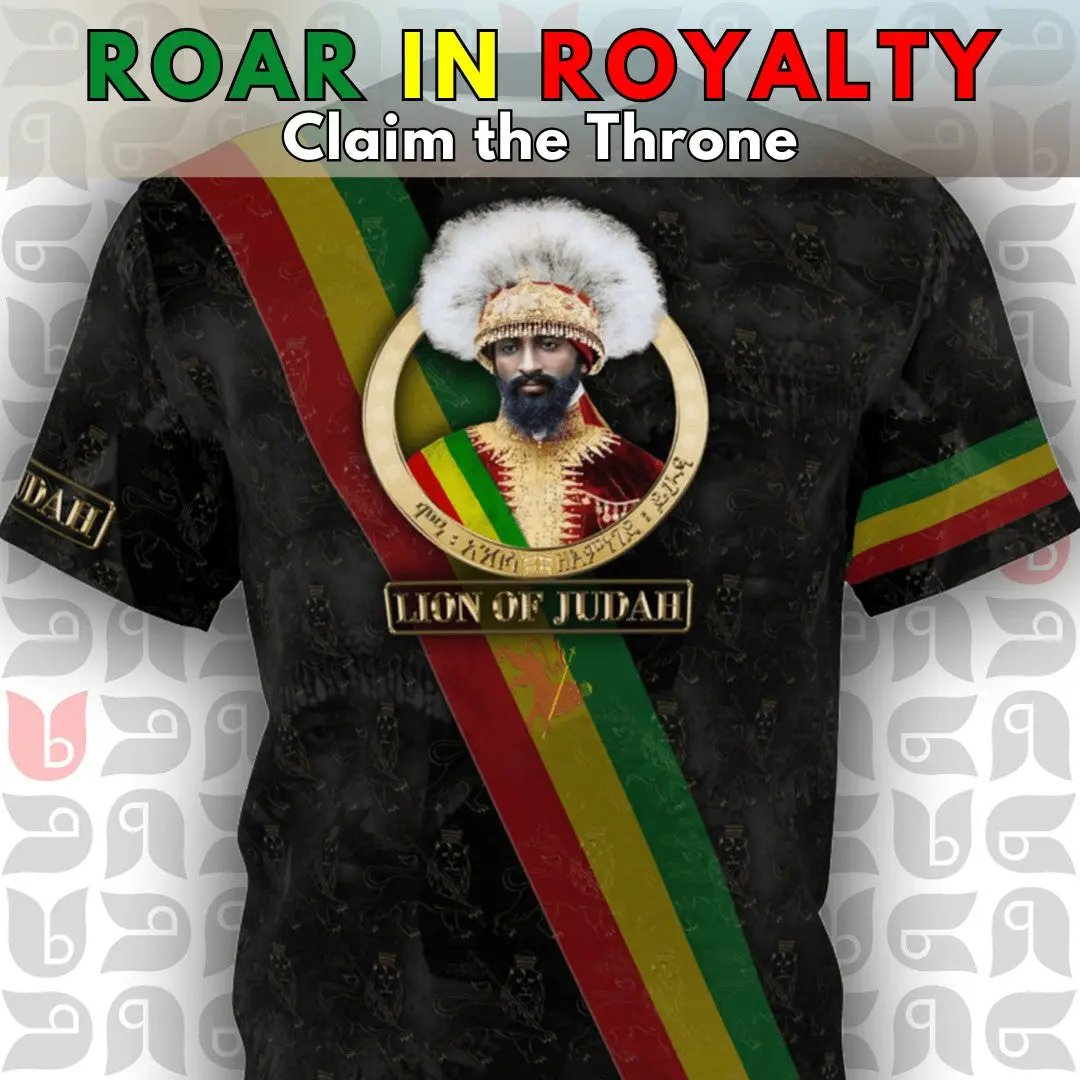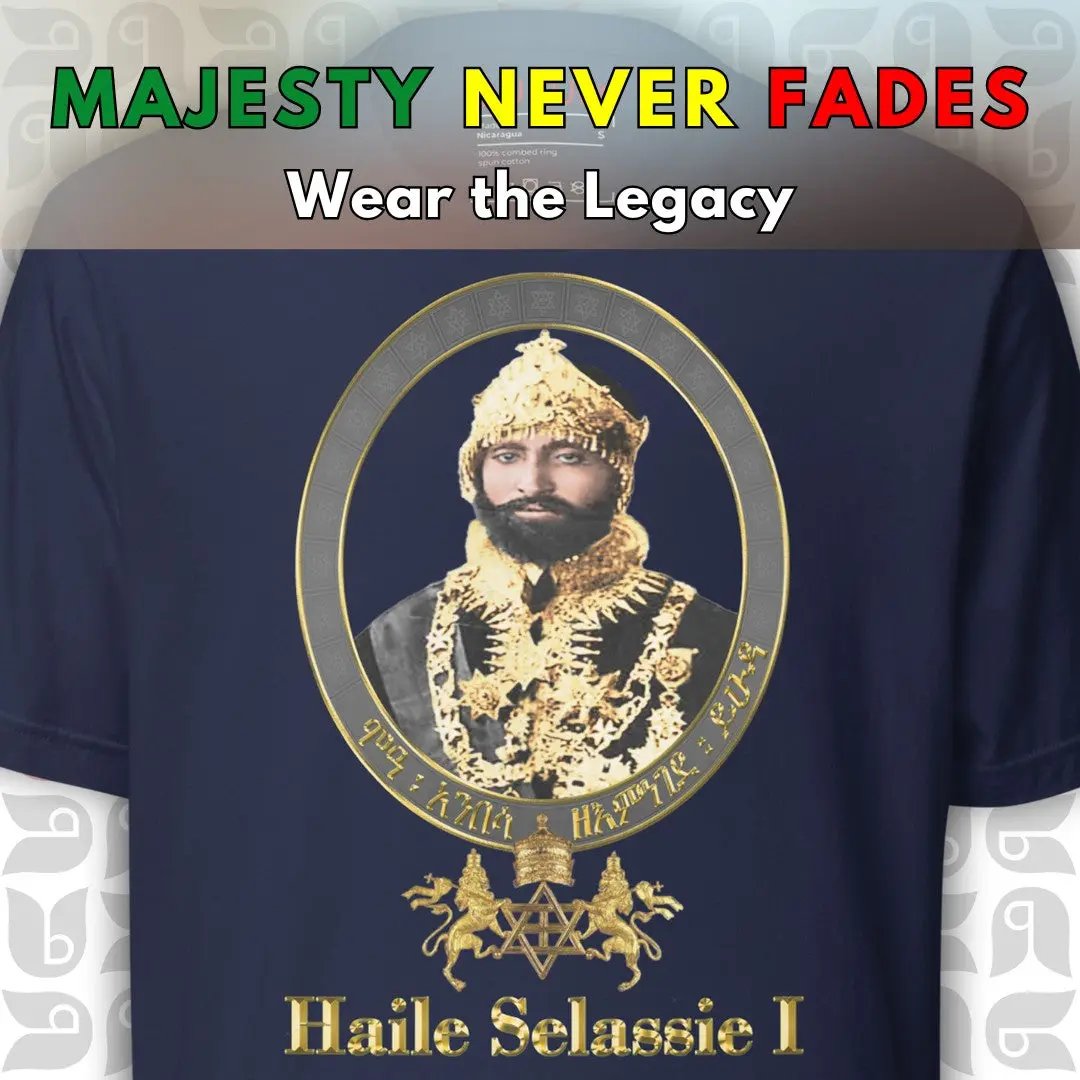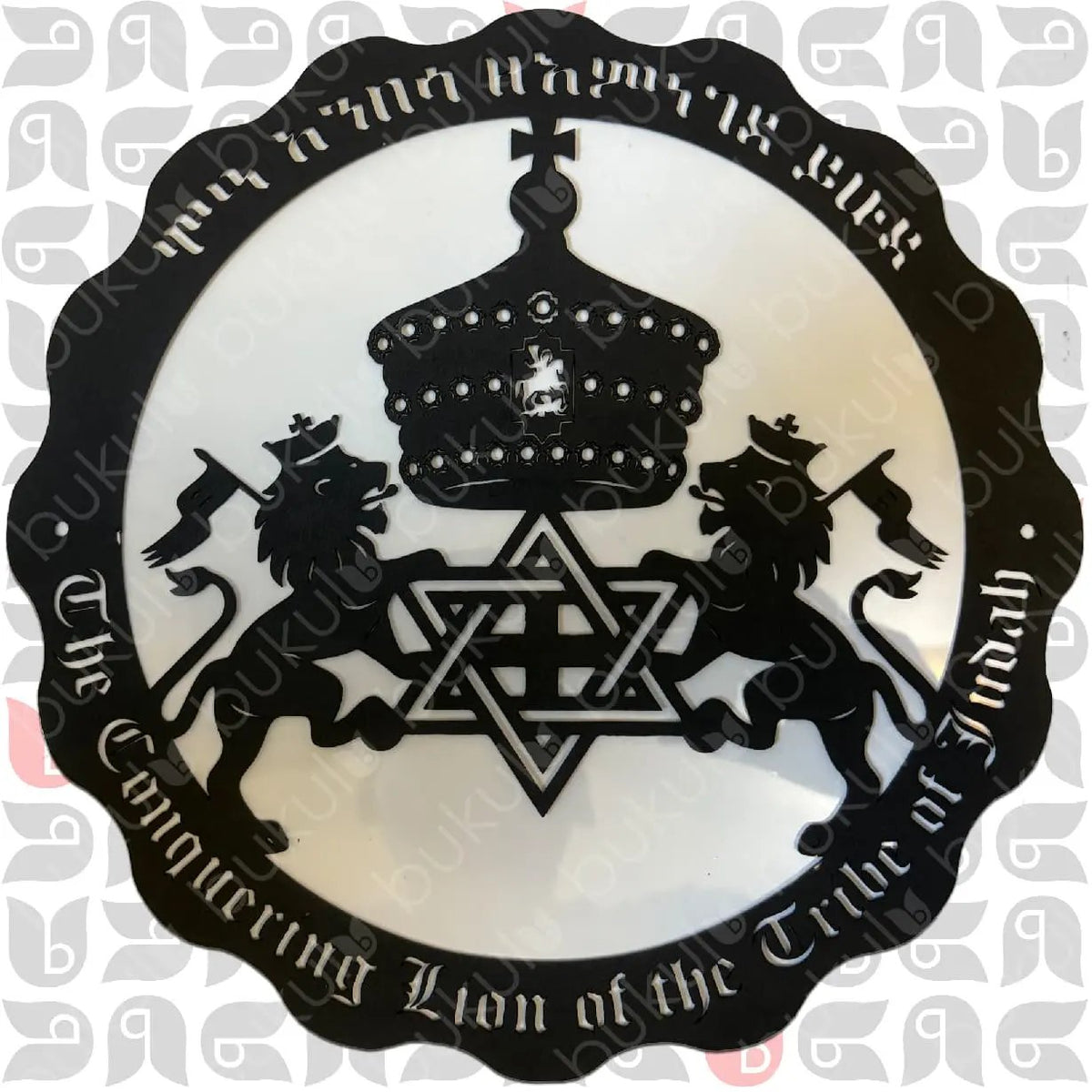Haile Selassie I: Global Influence and Untold Stories
Haile Selassie I, often revered as the Lion of Judah, is a figure whose influence transcends the borders of Ethiopia, touching corners of the world in ways that are both profound and enduring. His legacy is intertwined with cultural, spiritual, and political threads that continue to inspire movements, music, and individuals globally. This post explores some lesser-known aspects of his impact, particularly his connections with Rastafarianism, iconic figures like Bob Marley, and his influential speeches.
Haile Selassie and the Lion of Judah: A Symbol of Royalty and Resistance

The title "Lion of Judah" has roots deep in biblical symbolism, representing Jesus Christ in Christian tradition. For Haile Selassie I, this title not only linked him to the Solomonic dynasty, claiming descent from King Solomon and the Queen of Sheba, but it also became a symbol of Ethiopian sovereignty and resistance. This emblem of the lion is not just a national symbol but also a powerful icon in the Rastafari movement, signifying resistance against oppression.
The Spiritual Connection: Haile Selassie and Rastafari
The Rastafari movement views Haile Selassie I as a messianic figure who embodies their aspirations for freedom and return to the African homeland. The connection between Haile Selassie Rastafari and his followers began in the 1930s when Marcus Garvey's prophecy of a black king crowned in Africa became a reality. Selassie's awareness of his divine status in the eyes of the Rastafarians was complex; he was a devout Ethiopian Orthodox Christian and subtly acknowledged the movement without outright endorsing the divinity attributed to him. His visits to Jamaica and meetings with Rastafarian leaders further solidified this spiritual and cultural connection.
The Music of Resistance: Haile Selassie and Bob Marley

One cannot discuss Haile Selassie's influence without mentioning the legendary Bob Marley. The connection between Haile Selassie and Bob Marley is most vividly captured in the song "War," which adapts a speech by Selassie. Marley's music, infused with Rastafarian themes, often highlighted Selassie's ideas, promoting peace and resistance against injustice. Marley saw Selassie as a guiding light for the movement and used his platform to elevate the Emperor's vision and messages to a global audience.
The Voice of Justice: Haile Selassie's Speech on War

Perhaps one of the most significant legacies of Haile Selassie I is his eloquence in advocating for peace and justice, epitomized in his 1963 speech to the United Nations. Known as the Haile Selassie speech war, this address is a powerful denunciation of war and a call to international cooperation and peace. His words, "until the philosophy which holds one race superior and another inferior is finally and permanently discredited and abandoned... everywhere is war," echo through decades, capturing the struggle against inequality and racism.
Haile Selassie I's global influence is profound, rooted in his identity as the Lion of Judah, his spiritual connection with the Rastafari, his cultural




0 comments